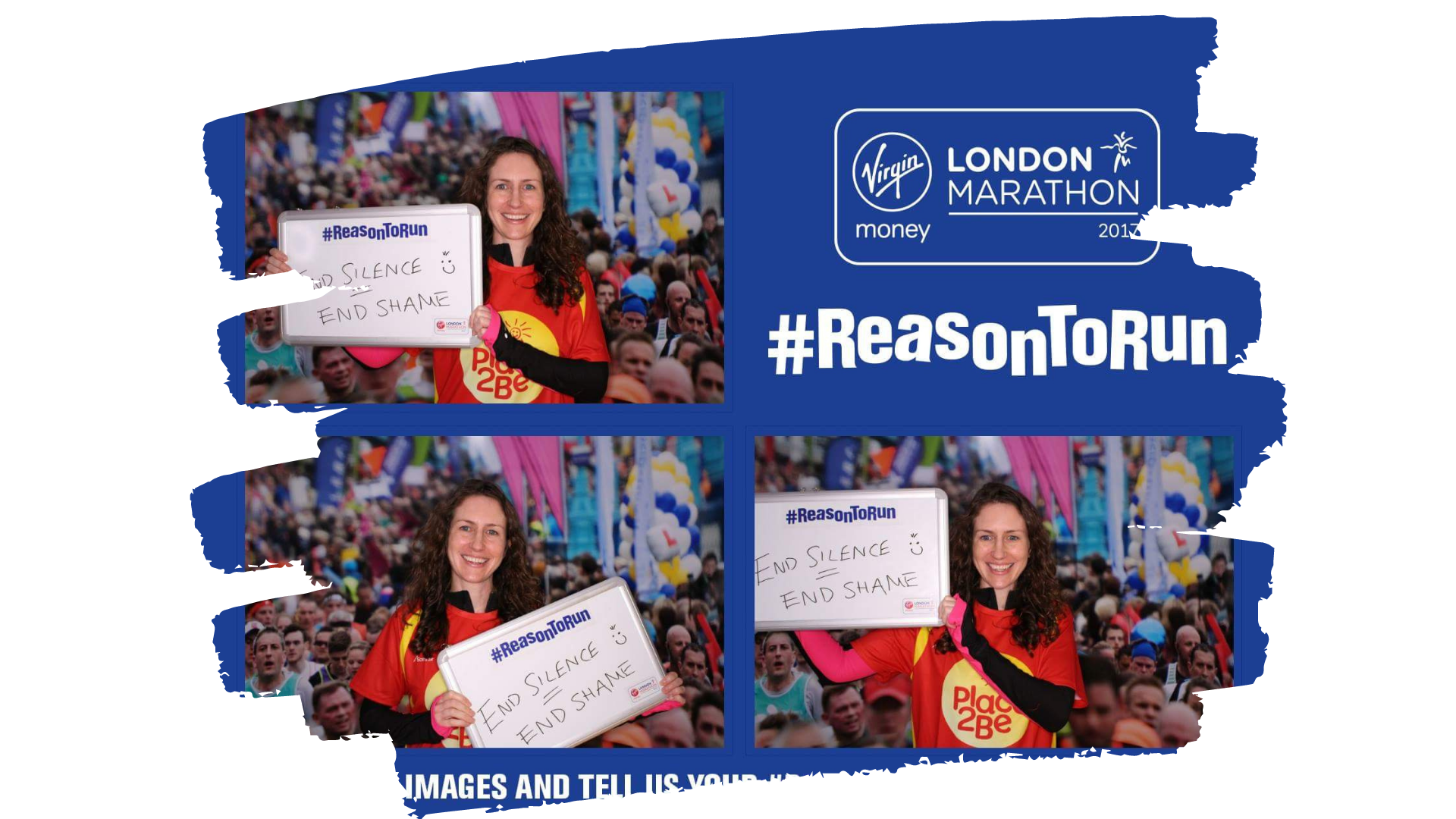Rebuilding You
6-month Coaching Programme
From Unrecognisable to Accepting Who You are Now
Next Group Starts 22nd September 2022
Book Your Free Assessment Call
Carefully prepared for you if you feel:
Alone - "Everyone else has moved on - why can't I?"
A failure - "I don't like who I have become."
Overwhelmed - "The feelings are so intense - why am I still crying so much?"
Confused - "Who am I now? I don't even enjoy the things I used to."
Torn - "Although they have found peace, how do I find peace now this has happened?"
Stuck - "Where do I start dealing with something so big?"
Lost - "How can I rebuild who I am now when it feels the 'old me' was lost when they died?"

I've been there and can honestly say how you feel CAN change.
I know it can feel like life will be broken forever but I have spoken to many people who, after being there themselves, want you to know that you will not always feel like this.
Although time is one ingredient necessary to heal after suicide, recognising we are still here and we have to look after ourselves, is a crucial aspect of moving forward.
With a safe community where others keep it 'real', process and inwardly reflect - it is possible to:

Feel free of unanswered questions and find a story you can live with.

Make healthy choices about friendships that best serve you. Decide how and when to share what happened with others. Get clear on what to do next with your life and learn how to live a life worth living again without feeling guilty.

Free yourself from the doubts about what you 'could have done' or 'should have done' and begin to rebuild an identity you can live with.
Across the world, there are upward of 4.8 million* significantly affected by a suicide loss every year.
You are not just another statistic.
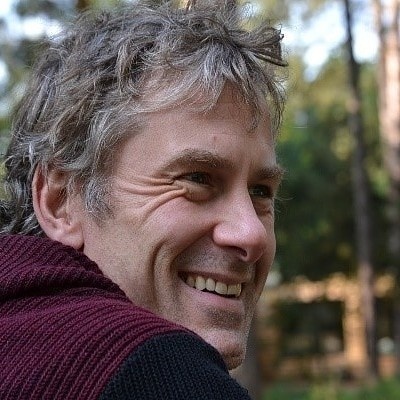
When my eldest brother Andrew, took his own life in November 2015, life as I knew it fell apart.
I had so many questions and had to figure out how to cope with a grief I had no manual for - grief I didn't want a manual for.
I had to work out how to cope with the demands of everyday life as a single mum with young children, what to do with my counselling professional identity, how to support the rest of my family and how to make sense of something I could never (in a million years) see coming.
With the support of therapists, communities of people who 'just got it' and my family, I felt I had to do something to integrate Andrew's suicide into my life. I embarked on a marathon raising money for a mental health charity and began a counselling psychology doctorate - focussing my research on suicide bereavement in order to understand how professionals can best support those left behind.
This journey has been a rollercoaster full of highs, lows and everything in-between.
My ability to reflect on my thoughts and feelings has enabled me to heal as much as I can. Although I will miss Andrew forever, I have learnt how to 'develop a relationship with suicide' in order to allow grief to be a part of my life and find a life of purpose and meaning.
I will never be the same person again and life will never be the same again but I choose life every single day - for Andrew who, for whatever reason only he knows, couldn't.
Through my lived experience and research into grief and suicide, I have developed a programme I wish I had had six years ago:
From Pain to Purpose
6-month Coaching Programme
Created for you if you have a life 'before' and a life 'after' suicide and want to identify who you are now.
Developed using up-to-date research into suicide grief and post-traumatic growth.
Underpinned by the highest standards of ethical practice.
Understand the thoughts, feelings and behaviours that are affecting you and know how to move forward with 'suicide' and loss a part of your life story.
Learn what makes you you and develop the skills needed to switch the focus onto you.
Create a new balanced and boundaried you.
A safe, non-judgemental, 'real' space where others understand the significance of suicide loss and can support each other equally whilst finding a life of meaning.
Co-create community and support.
Learn how to continue the bonds with your loved one, honouring their life whilst making meaning of their death.
Believe in a story you can live with.
Work on mindfulness in order to become self-aware of what thoughts and feelings might be getting in the way of your healing.
Increase self-awareness.
Learn the tools and strategies needed to process the past and move forward with hope.
Practice ways to manage your grief.
Ultimately this programme aims to help you integrate your past and future in order to live a life worth living with 'suicide' now a part of your story - because you know you have to.
Course Elements

Introductory Support Session
Meet others in your exclusive core group with an opportunity to share your story and communicate your needs, fears and expectations for the course.

Comprehensive Video Library
Every 2 weeks you will receive pre-recorded videos and audio material with relevant materials which you can access at your own pace.

A Community Who Just 'Get It'
You will have access to a private Facebook Group where you can share your experiences with others at different stages of the course and at different points in their grief.

Weekly Live Coaching Calls
Every week you will have the opportunity to share your concerns or questions about the pre-recorded content with me on a live video call. During these calls you will meet others from different groups from within the programme. Listen to their journeys and what is aiding or blocking them.

Workbook
You will receive a workbook relevant to the trainings which you can use to easily follow along with self-reflective activities.

'Live a Life of Purpose' Leaving Session
Meet back up with your core group to share your stories, reflect on progress and celebrate your achievements.

Audio Content
Access the material via audio to listen to at your covenience.

Priority Access to the 'Pain to Purpose' Membership Area
Because grief never ends and time is such an important factor in post-traumatic growth, receive priority acess to continue your journey with others who understand. Receive a reduced rate locked-in membership rate on completion of the programme.

Some Of The Subjects We Will Cover
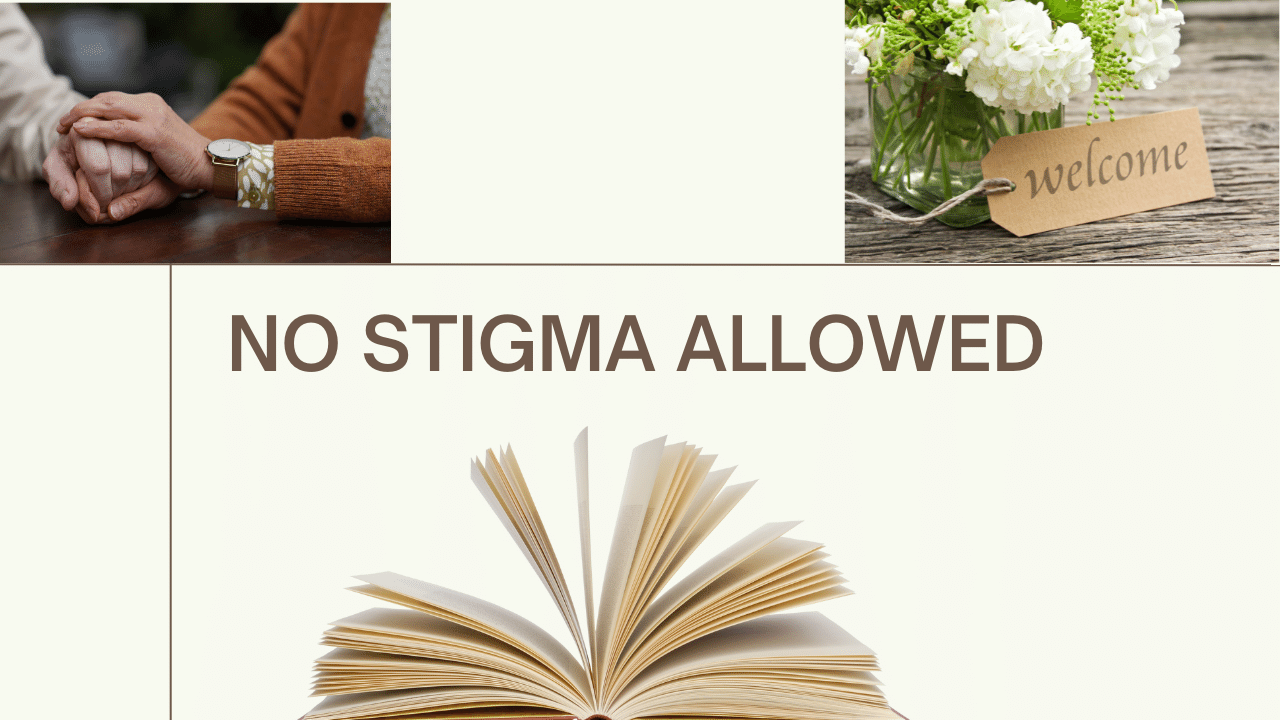
There will regularly be space and an invitation to share your story with the group, pictures of your loved-ones and what brings you to the programme.
Discuss:
- your feelings about the course,
- why community is so important,
- why sharing our stories can be helpful,
- how you would like to show up in the group.
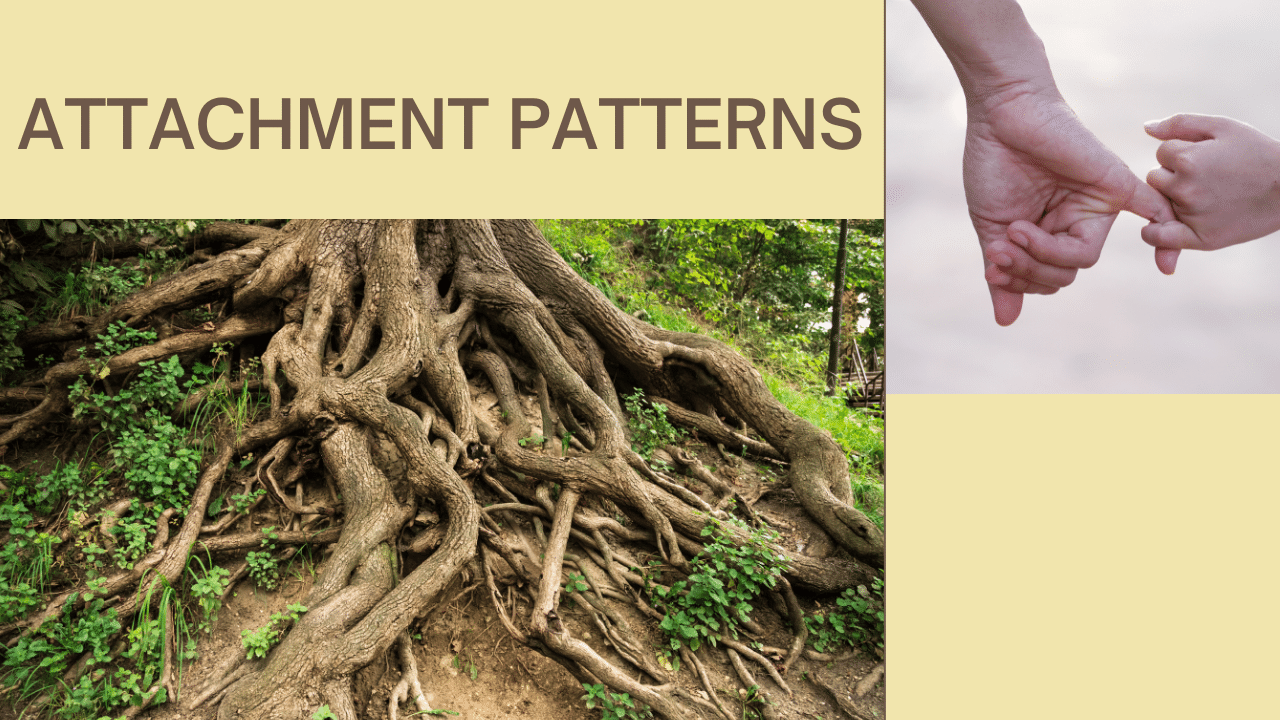
Learn how your attachment style may affect your grief and learn how to manage it in the future.
Reflect on:
- your attachment pattern,
- how attachment patterns can affect grief,
- how to learn to live with your attachment pattern - how it serves you, when it doesn't serve you and what you can do about it.
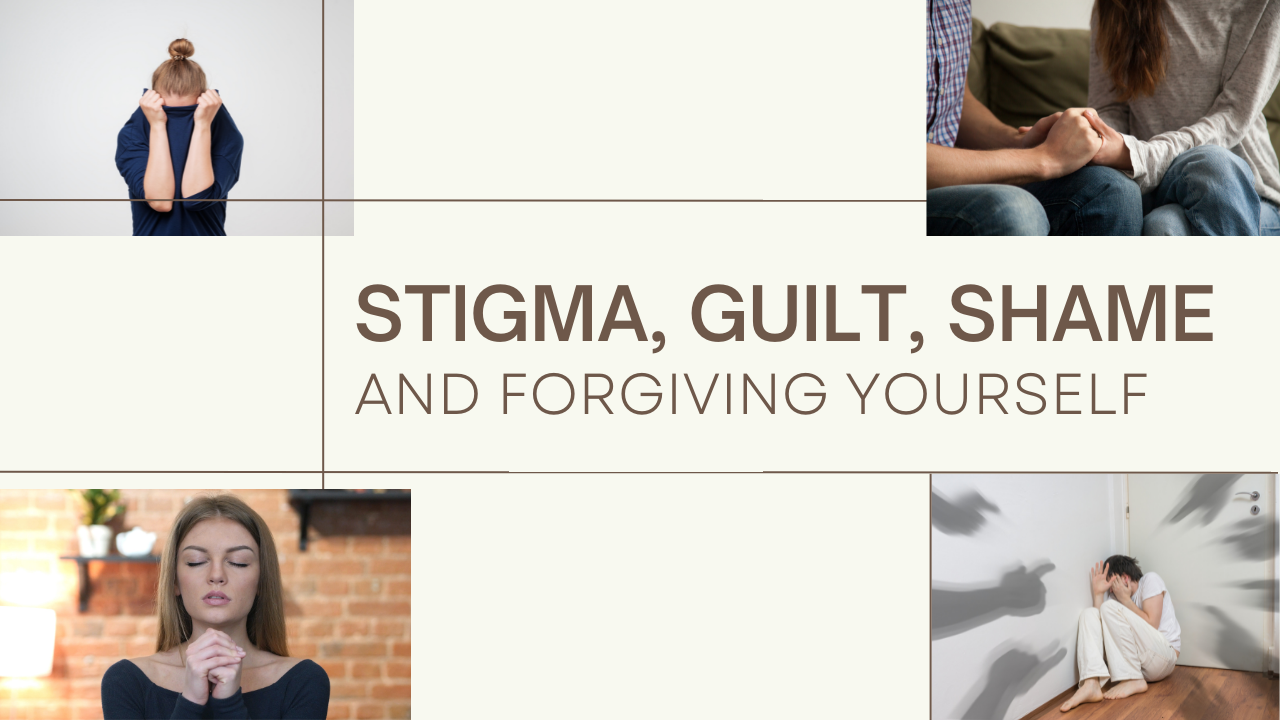
Hear why stigma might exist, how it can affect us and how to notice when natural feelings of guilt show up and work through the shame.
Learn:
- about the history of suicide and how to recognise how stigma might affect us,
- the different types of stigma,
- how to quieten the 'shoulds' and 'coulds,'
- to understand your old patterns of taking responsibility for others.
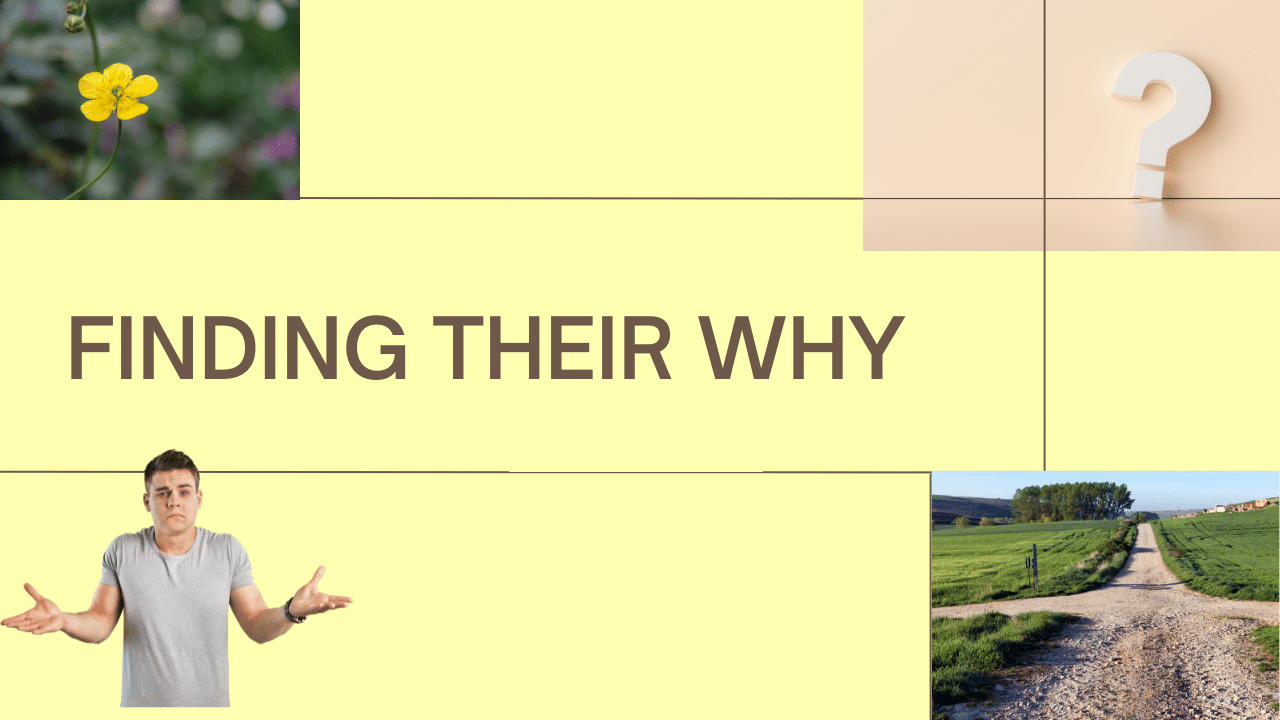
Make-meaning of your loved one's suicide and find a story you can learn to live with.
Discover:
- why making-meaning is to important yet can feel so hard,
- how your loved-one's death can relate to your internal belief system,
- about the research into why suicide can happen,
- about the concept of 'the perfect storm',
- techniques for finding your story and learning how to live with it.
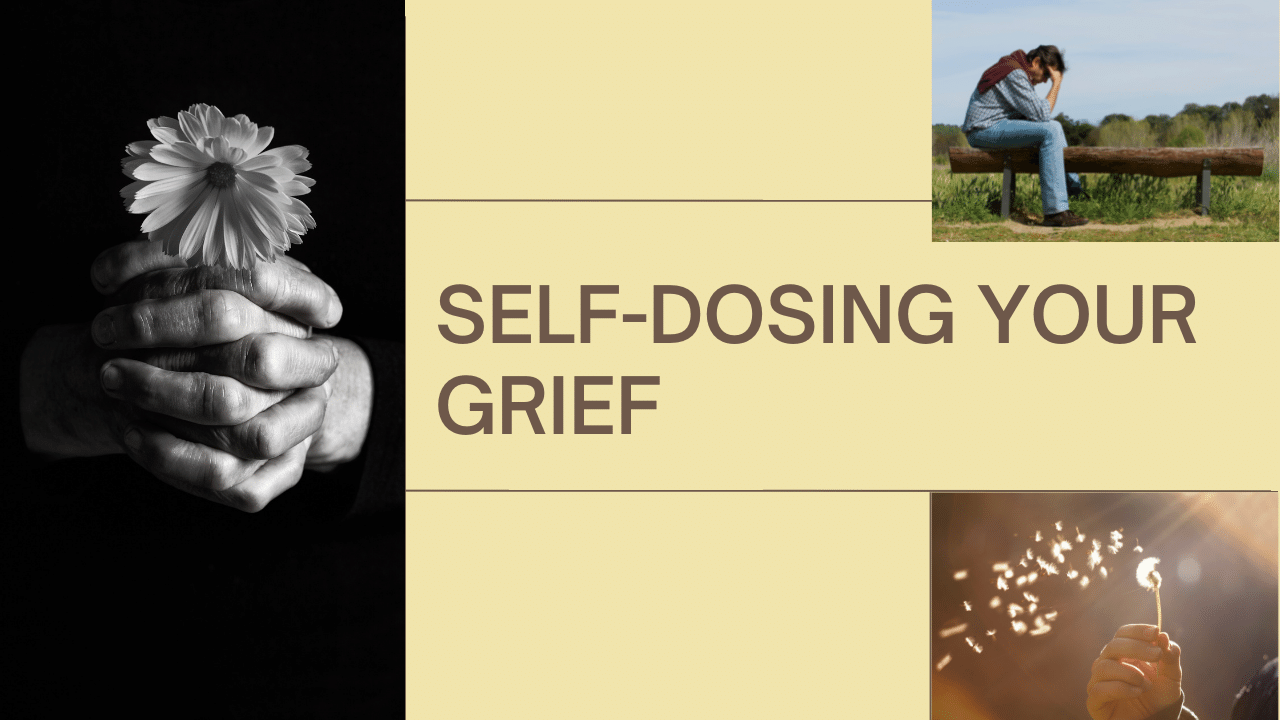
Learn what to do when feelings of grief show up and what to do when they do.
Discover:
- when to know it is grief and nothing else,
- models of grief that explain the fluctuations between coping and overwhelming feelings of loss that can effect daily life,
- how and when grief shows up for you,
- how the loss has affected your friendships and support circles,
- how to live with grief in your life.
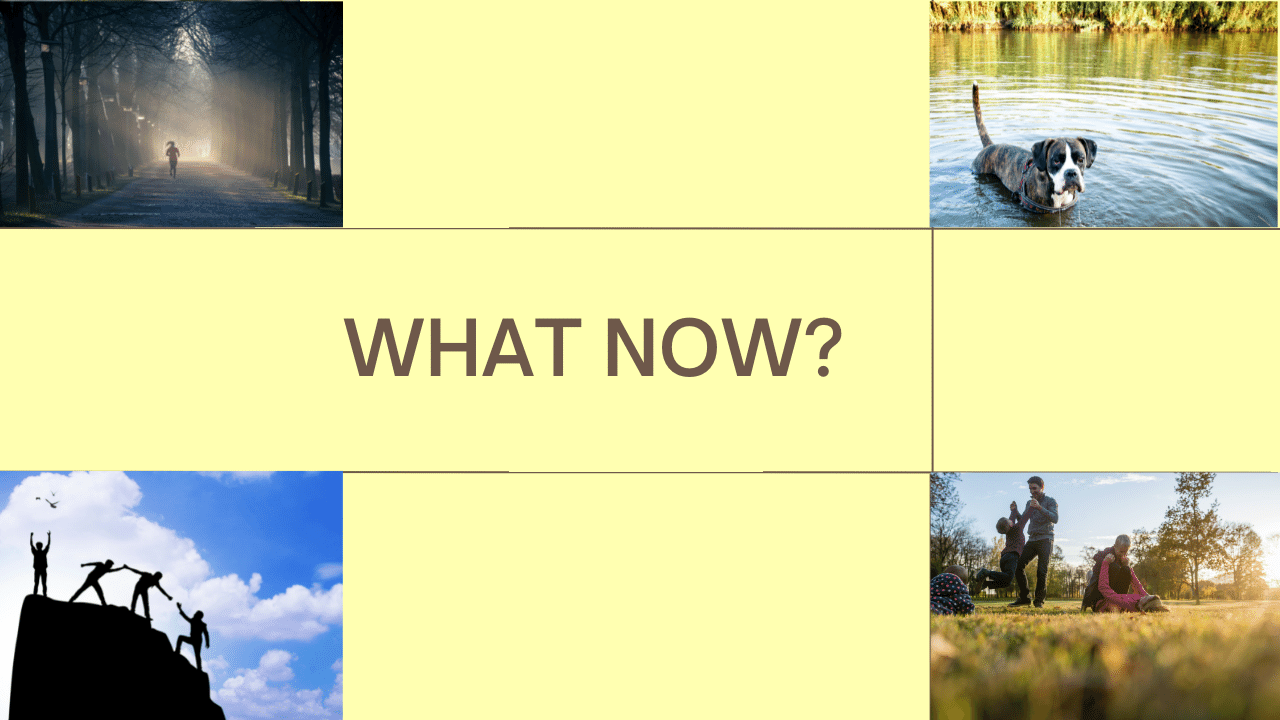
Identify who you are now and how to move forward in a meaningful way.
Identify:
- what parts of yourself have changed,
- what might get in the way of your dreams,
- how to let go of things that no longer serve you,
- your core values now,
- how to move forward with purpose.

"I have spent a long time trying to make sense of what happened to my partner.
Sue gave me what I needed exactly when I needed it.
Sue is so warm and compassionate in her approach to helping me go at my own pace and find some sense of calm where I could.
I would recommend Sue wholeheartedly to anyone struggling to cope with life,
I still have a long way to go but feel I now have the tools to take with me on my journey."
Tom

"I have learnt how to enjoy life again without feeling guilty.
I have learnt how to let go of my guilt and although it still shows up, not engage with it like I used to.
I have discovered more about myself than I ever thought I would.
I understand so much more about suicide, why it happens and 'found' my story of why it happened to my brother."
Emily

"It felt as if I lost a piece of myself the day my Jake died by suicide.
Sue has helped me to recognise I can take him with me wherever I go and I will never stop being his mum.
I have found so much strength to carry living my life with a new-found awareness of how important I am.
I wish I had learnt these things about myself 20 years ago - it is just such a shame Jake had to die before I started focussing on myself"
Debra
The Value of Group Coaching
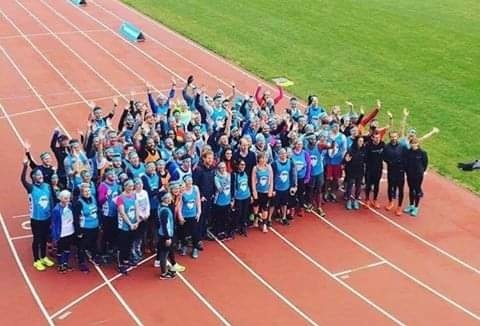
When I was first bereaved by suicide I felt so alone. I didn't know anyone else who had gone through such trauma and felt like no-one could possibly understand what this felt like.
2 years after my brother's suicide, I ran the London Marathon campaigning for mental health awareness. It was then that I realised how important community was and how, when I was around people also bereaved by sucide, there was a 'knowing' between us that we didn't have to put into words.
I felt understood, held, supported and most importantly I didn't feel judged or ashamed.
Since then I have heard many suicide-loss survivors share these feelings and search for community as a way to process their loss.
We are so pleased to be around other people that are in this strange community none of us want to be a part of - yet we are sorry anyone is in this community at all because we wouldn't wish this on our worst enemy.
Group coaching is one way of finding your community, the value of which is hard to put into words. Here are some things others value from group work:
-
Find accountability.
-
Learning from others at different stages of grief - with different stories and different experiences.
-
Uncover strength and inspiration.
-
Develop new perspectives.
-
Gain hope.
-
Combat isolation.
-
Grow friendships.
-
Support others.
-
Cost-effective.
-
Great for when you have processed the initial shock, disbelief and denial aspects of grief and are ready to learn how to integrate the grief into your life supported by, and supporting others.
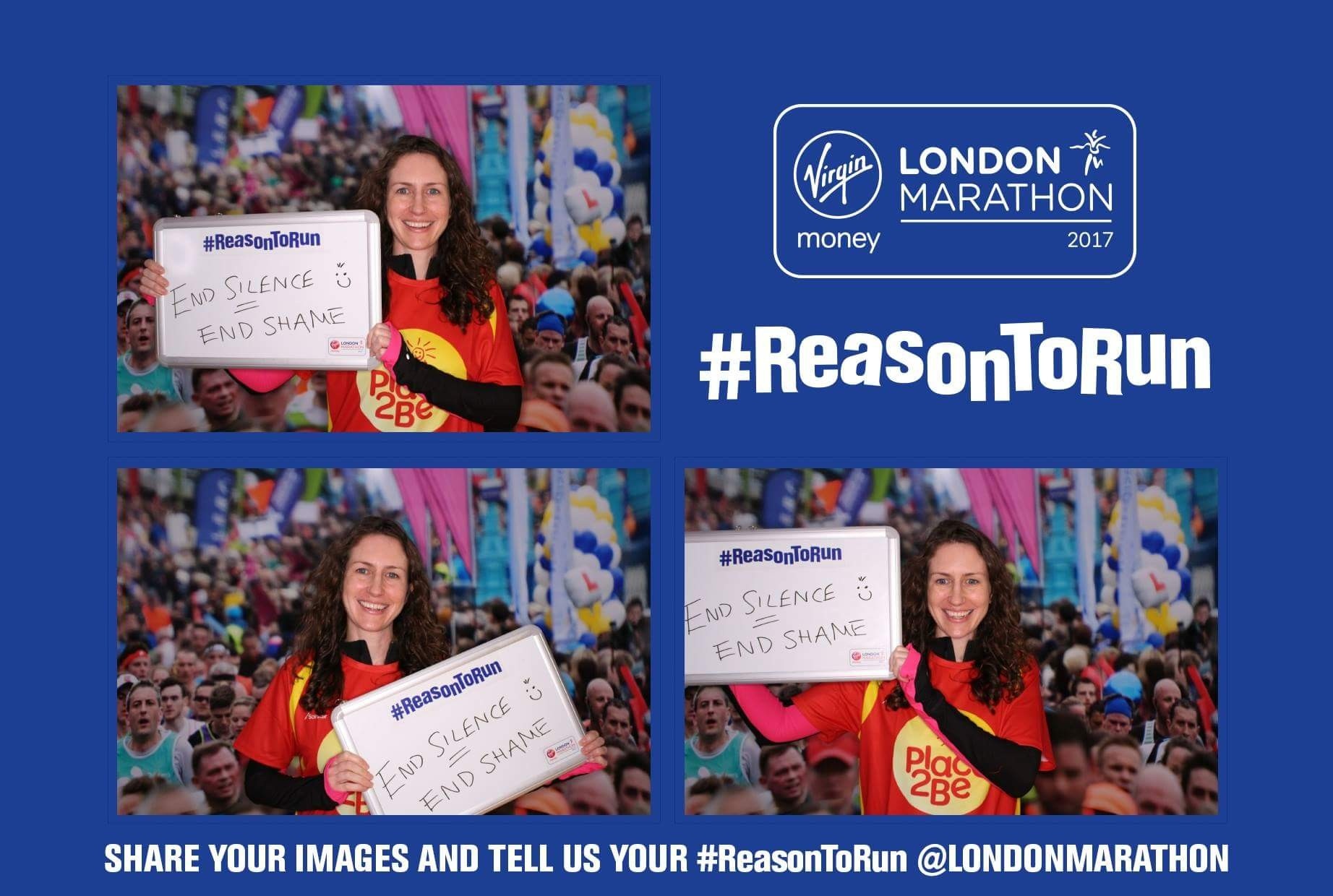
Frequently Asked Questions
What time will live coaching calls take place?
How do I know if this is right for me?
Can I remain anonymous?
What happens at the end of the 6 months?
What results will there be?
What if I miss a session?
Do I have to speak in the group?
As social beings, it is natural to put our loved ones first.
But when suicide happens to someone we love, we are thrown into a place of guilt or anger because we can't help them anymore.
From listening to many stories of suicide loss, I have heard how transformation truly comes when people realise they are still here, deserve to be here and can learn to forgive, value and love themselves again.
I know how hard that may sound but please remember a journey always begins with one step and you are not alone.
Stronger Together

REBUILDING YOU
6 Month Coaching Programme
NEXT GROUP STARTS 12th SEPTEMBER 2022
PAY IN FULL FOR 6 MONTHS
£595
One Payment
PAY MONTHLY
£99
6 Monthly Payments
If you have any questions or would like to pay via BACS or in any other currency please email DrSue@suicidegriefsupport.com
Sign up for regular supportive blogs, podcasts and details of upcoming training and offers of support.
Unsubscribe at any time.
* According to the latest figures from the World Health Organisation, we lose 800 000 people to suicide each year.
It is estimated that anywhere from 6 to 135 people are 'significantly affected' by each suicide, however this is impossible to accurately assess. For example, what does 'significantly affected' mean anyway?
Hence even if we use the lowest number (6 people affected per death) - this means at least 4 800 000 people are significanlyl affected each year.
Sue Egan and Suicide Grief Support are unable to provide a Crisis Response service.
If you have urgent well-being concerns and are in the UK:
Please contact your GP, GP out of hours service, NHS 111 or 999, or attend hospital as a last resort.
Alternatively call the Samaritans on 116 123.
If you have urgent well-being concerns and are in the US:
Please contact your emergency doctor or call the Suicide Hotline on 998 or 1-800-273-8255.
Do not send an email for urgent or emergency concerns.


